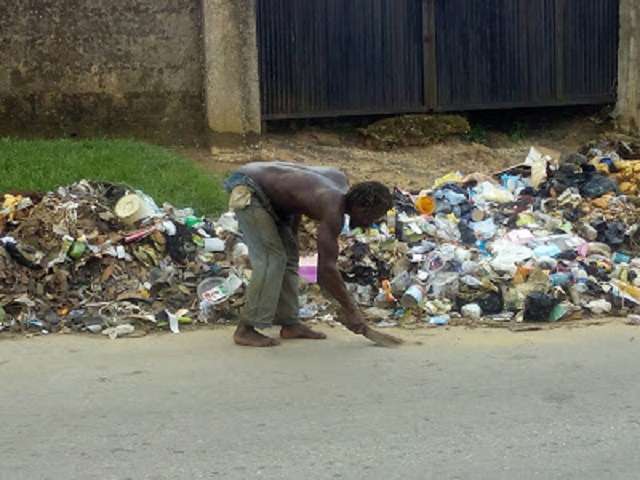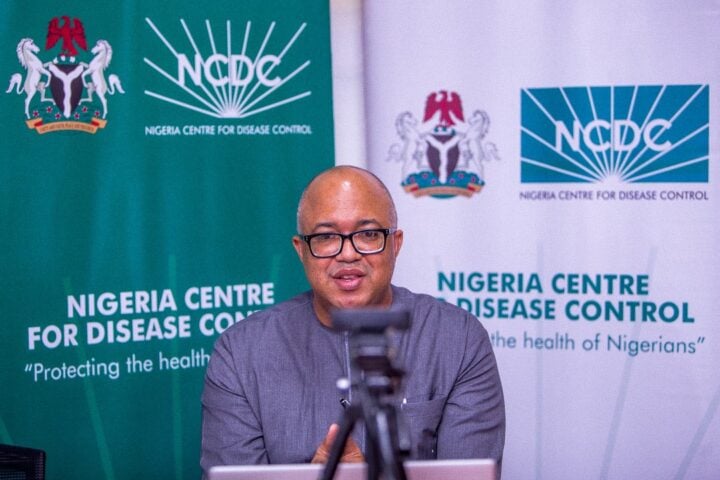Homeless ‘mad men’ and the Nigerian society: Who is truly unwell?
The Case of Lamidi:
Lamidi was 25 years old and a young carpenter who was hard working, friendly and responsible. He was planning to get married later that year when it all started. He started locking himself in his room and talking to himself all day.
He would refuse to eat the food prepared by his family as he suddenly started accusing all of them of wanting to kill him and use his destiny for money ritual. They were all shocked and embarrassed by these accusations. They spoke to other family members and concluded that it was a spiritual attack.
They were told to take him to a powerful healer in a neighbouring state, where they left him chained for several months but he did not seem to get any better.
Advertisement
Different suggestions were pouring in from all and sundry: ‘take him to one powerful pastor who does deliverance’; and even though they were Muslims, they complied and took him there. ‘Oh, there is an Islamic healer somewhere who is renowned for healing these type of jinn possession’; and off they went too.
A year after these problems started, his father suffered a stroke and passed on. Lamidi’s mother was a petty trader who had stopped her trade as she spent most of her days going to visit him wherever he was being kept while running helter-skelter to raise the funds needed for the sacrifices and other demands from the healers. She was soon neck-deep in debt until she had nowhere else to turn to.
Lamidi was her first child and the younger ones had also dropped out of school to learn various trades and contribute to the family upkeep. Eventually, she just had no more money to pay and she told the ‘Babalawo’ (traditional healer) where he was currently chained that he should just keep him “on credit” until she raised more money.
Advertisement
But the ‘Babalawo’ refused to continue feeding and treating Lamidi for free, so he unchained him and allowed him to go.
That was how Lamidi became a roaming and homeless ‘mad man’ on the streets. His family would sometimes see him and would quietly sneak away out of shame.
Even though they loved him, they felt they had tried their best and it was just his fate, as there was nothing else they could do.
Discussion
Advertisement
A Youth Corps Member in Calabar, Progress Oberiko in 2019, shared a picture of a family of 5 in Calabar who all appeared to suffer from mental illness. The story went viral and the family were taken off the streets, following intervention by the Federal Ministry of Health (according to media reports) and they were taken to the Neuropsychiatric Hospital in Calabar for treatment.
Indeed, every major city or town have several homeless, mentally ill persons roaming the streets – sometimes naked, and everyone just ignores them as we go about our daily business. We have become desensitized about it. It so now “normal”. Until something happens that generates negative attention, and the Government sweeps in to clear them off the streets. What is usually missing, unfortunately, is a follow-up plan for long-term treatment and rehabilitation of the affected persons.
The reality in most instances is that a combination of factors culminates in mentally ill persons ending up on the streets as homeless persons. The most prominent is ignorance about the causes of mental illness and the fact that they are treatable in hospitals. In the case of Lamidi above, note that the hospital was never under consideration as a viable option.
Other equally critical factors include poverty and the impoverishment that accompanies mental illness in a family. Lamidi’s Mother lost her means of livelihood and went heavily into debt while trying her best before she finally exhausted all options. His father died. Financial and social support was not there.
Advertisement
Linked to ignorance is also the superstitious beliefs about the spiritual, rather than medical nature of mental illnesses. ‘Maybe he did a money ritual which backfired, why should I get involved?’. Or ‘maybe he is paying for his previous bad deeds’; or ‘someone cast a spell/curse on him’.
So we rationalize simply going on our way and not holding the government responsible for taking care of these citizens.
Advertisement
Conclusion
The situation of homeless mentally ill persons (present to varying degrees all over the world, but very pervasive in our society) is often a reflection of the extent to which our society cares for her most vulnerable citizens.
Advertisement
It is simply a lack of government responsiveness, especially the Ministries of Social Welfare and Health that citizens roam the streets because they suffer from mental illness. Especially because there is effective and affordable treatment available. And the 3rd Sustainable Development Goal (SDG 3) advocates for HEALTH FOR ALL.
Critical questions for us all to ponder: If I develop a mental illness, what will become of me? Where will my family take me to? Could I possibly end up like Lamidi?
Advertisement
If such a situation, develops, would I be the only unwell person or is my society also unwell, for allowing me to roam around instead of receiving care?
Jibril Abdulmalik is the executive director of Asido Foundation
www.asidofoundation.com







